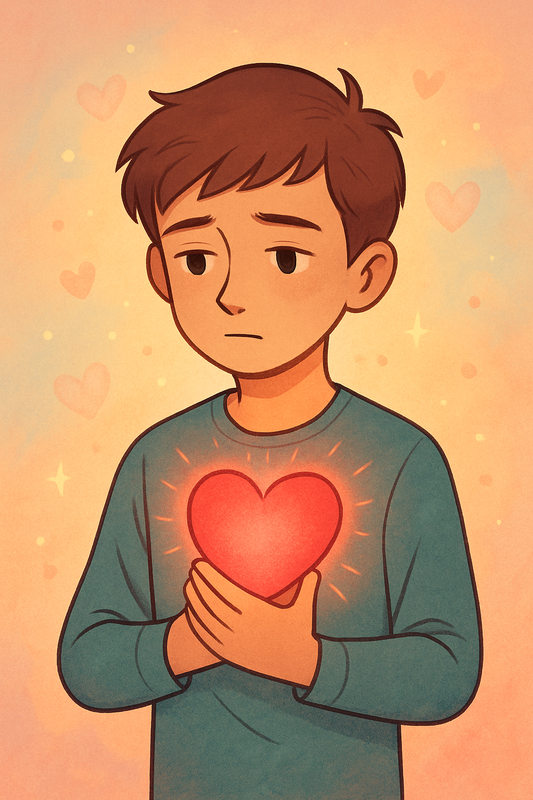When You Keep Blaming Yourself: Breaking Free From the Cycle of Justifying Hurt
Have you ever found yourself justifying the way someone treats you—even when you know it hurts?
Maybe someone yelled at you, insulted you, or betrayed your trust, but instead of feeling angry or setting a boundary, your mind starts searching for excuses. “Maybe they’re having a bad day,” or “Maybe they’re going through something hard.” And suddenly, the pain feels lighter because you’ve taken on their burden instead of your own.
I used to think this was a good thing. That being understanding, empathetic, and forgiving was a strength. But as I’ve grown, I realize it’s been hurting me more than helping.
Here’s my truth: I recently ended a seven-year relationship—one filled with love but also with pain, betrayal, and confusion. I thought I was making the right choice because she flirted with other guys, even during some of the darkest moments of my life. But despite knowing why I ended it, my mind keeps playing tricks on me.
Why? Because I have a trait where I justify others’ bad behavior and blame myself instead. When my ex hurt me, my brain didn’t say, “She broke your trust.” It said, “Maybe if you were better, if you had more money, if you were more understanding, she wouldn’t have done this.”
Does that sound familiar? Do you find yourself bending over backwards to explain away someone’s bad actions? Maybe you ask yourself, “Is it really their fault? Or is it mine for not being enough?”
If so, you’re not alone.
This mindset is common among people with big hearts, deep empathy, and a strong desire for connection. We want to believe the best in people—even when they hurt us. Sometimes, blaming ourselves feels like the only way to hold on to control or hope.
But here’s the problem: by doing this, you carry the weight of pain that’s not yours to carry. You deny yourself the right to feel angry, set boundaries, and protect your peace. And in the process, you make it harder to heal and move on.
So how do you break free from this cycle? How do you stop justifying hurt and start honoring your own feelings?
Here are some steps I’m learning to take:
- Name the hurt without excuses. Write down the facts of what happened—no justifications, no “maybe ifs.” Just the truth. This helps you face the pain instead of running from it.
- Set mental boundaries. Remind yourself that being kind doesn’t mean you deserve to be treated badly. Love should never come at the cost of your dignity or self-respect.
- Challenge self-blame. When you catch yourself thinking, “If only I were better,” pause and tell yourself, “I did my best, and their choices are theirs alone.”
- Allow yourself to be angry. Anger isn’t a weakness. It’s a powerful emotion that signals your boundaries have been crossed. Let yourself feel it—it can fuel your healing.
- Express your feelings. Write letters to the person who hurt you—but don’t send them. This practice helps you release what’s bottled up inside.
- Seek support. Talk to friends, family, or a counselor who can help you see your worth and hold you accountable to healthy boundaries.
Remember, it’s okay to be broken and strong at the same time. You’re not weak for feeling hurt, and you’re not weak for setting limits. True strength comes from honoring your own peace and refusing to carry blame that isn’t yours.
If you recognize yourself in this post, know this: healing is possible, and you deserve it. Don’t let your mind convince you that justifying pain is love. It’s not. It’s time to take your power back.
What parts of this resonate most with you?
Have you ever struggled to set boundaries because you felt guilty?
How do you cope when your mind tries to twist the truth?
Drop your thoughts below, or share your story. You’re not alone.
For Empress, always.
— Jaes




Comments
Post a Comment